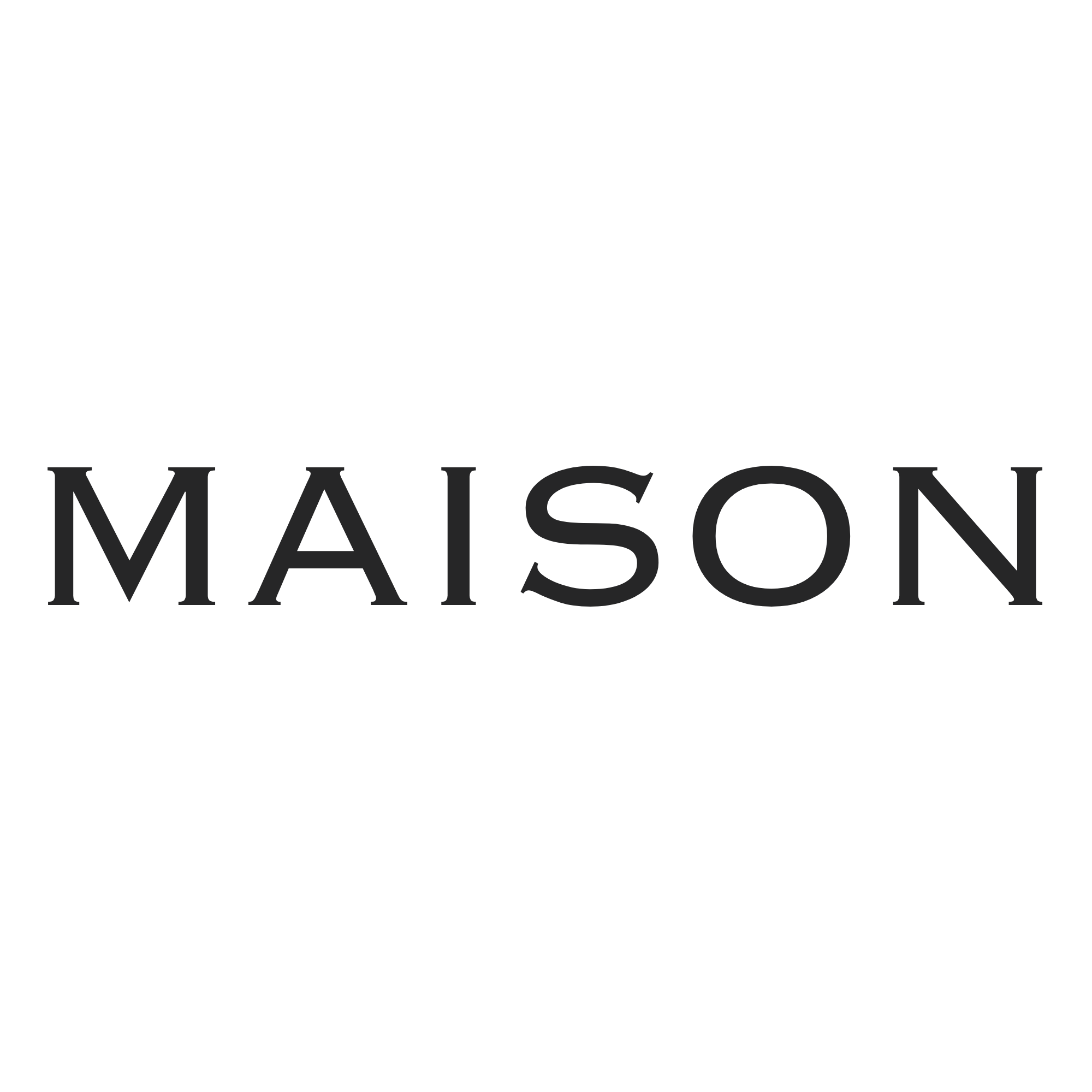What is Invoice Financing and How Does It Work?
They help businesses maintain stable cash flow, manage expenses, and seize growth opportunities by converting accounts receivable into immediate working capital. If you’re looking for a fast way to maintain working capital and your company issues invoices, invoice factoring may be a good option for your small business. Invoice financing, also called receivables financing, allows small businesses to get funding quickly for outstanding business-to-business invoices. In return for fast access to cash, a business pays the invoice finance company a fee, often a percentage of the amount borrowed. Invoice financing and invoice factoring are two similar types of business financing, but they aren’t exactly the same.
Invoice financing does more than just patch up cash flow issues—it gives businesses a tool to stay flexible, grab new chances, and handle money troubles. Brokerage services for Atomic are provided by Atomic Brokerage LLC (“Atomic Brokerage”), member of FINRA/SIPC and an affiliate of Atomic, which creates a conflict of interest. See details about Atomic, in their Form CRS, Form ADV Part 2A and Privacy Policy. See details about Atomic Brokerage in their Form CRS, General Disclosures, fee schedule, and FINRA’s BrokerCheck. However, one of the downsides of invoice financing is that you’ll lose a percentage of your turnover every month. The choice between invoice factoring or financing will depend on how involved you want the factoring company to be in collecting the invoices.
Outside of invoice financing, two popular lending options small businesses turn to are standard loans and credit cards. Invoice financing is a short-term business financing arrangement that provides business owners cash that’s structured as a loan or a line of credit. Customer credit profiles are critical, as financiers prefer invoices from clients with strong credit histories. Invoices from well-established corporations or government entities are more likely to qualify than those from smaller, less stable businesses. Additionally, invoices must be free of liens or encumbrances, meaning they cannot be pledged as collateral elsewhere. Accurate and transparent records are essential, as financiers perform due diligence to verify invoice status.
Some will be less concerned with that and more concerned with the number of outstanding invoices. It’s best to do your due diligence and research what the requirements are for each specific lender. While invoice financing provides immediate liquidity, it’s important to understand its various forms, true costs, and limitations before determining if it’s the right solution for your business. That means that rather than being strapped for cash while you wait for customers to make payments, you have the money to operate on a day-to-day basis and capitalise on opportunities when they come along. Lastly, some smaller businesses that don’t have access to traditional financing may turn to other alternative short term lenders out of desperation. However, invoice financing can be a better option for many small businesses in need of short term financing.
What is invoice financing? How this fast yet pricey funding works
But feel free to get in touch if you’re growing fast and turning over $500,000 or more, as we may be able to assist. By transferring the debt collection task to a finance company, you may reduce administrative expenses and free up your team’s time. The drawback is having slightly less control over some operational interactions with your clients.
Bankrate logo
A solid rating may qualify you for confidential options and the corresponding lower fees. Invoice financing can be a powerful tool for businesses caught between delivering value and how invoice financing works getting paid. It offers speed, flexibility, and cash flow relief without taking on traditional debt. Unlike many traditional forms of financing, invoice finance doesn’t require established trading records and credit ratings.
- For business owners who are experiencing cash flow problems, invoice financing could be the short-term finance solution you’ve been looking for.
- Typically, providers charge fees based on the total invoice value or a percentage of the amount financed.
- With proper implementation, invoice finance can transform your business’s financial health and provide the working capital needed for sustainable growth.
- This lenient approval process allows businesses to be accepted even if they wouldn’t qualify with a traditional lender.
Invoice financing for small businesses with BILL
The next type of invoice financing you can receive is what’s known as a line of credit. Some invoice financing companies will offer a line of credit to businesses that need continuous assistance with their cash flow. AR automation often improves customer relationships by providing more flexible payment options and better visibility into invoice status. In contrast, invoice factoring can complicate relationships by introducing a third party into the payment process.
Lower Risk Than Most Alternative Lending Solutions
- However, the business needs immediate funds to cover operational expenses or invest in expansion.
- Additionally, understanding how this option might influence customer relationships is crucial, especially if maintaining confidentiality about financial operations is a priority.
- Invoice financing providers, which typically double as invoice factoring companies, are third-party companies that provide cash upfront to businesses in exchange for their outstanding invoices.
- With invoice factoring, your outstanding invoices are sold at a discount to a third party known as a factor.
- His clients include large corporations who love his work—but they pay on net-60 terms.
Businesses frequently issue credit, enabling consumers to postpone payment, when they supply goods or services to important clients, such as wholesalers or retailers. Instead of receiving payment immediately, customers receive an invoice with the entire amount owed and the due date. In this comprehensive guide, we’ll explore invoice financing, how it works, and how it can benefit businesses. We’ll focus on the services offered by Advancery, a leading finance company in the United States.
Then Kay’s Catering successfully pays back the invoice financing company the $16,000 advance and $800 invoice financing and processing fee. If your business is experiencing cash flow problems, invoice financing could be the short-term finance solution you’ve been looking for. In this blog post, we’ll explain what invoice financing is, how it works, how much it costs and if it could be a good fit for you and your business. Invoice factoring and invoice financing are two different ways to receive the funds for an invoice before a client pays.
Table of Contents
Invoice financing, often referred to as invoice factoring, is a financial option that has grown in popularity for businesses looking to improve cash flow. If you’re looking for a fast way to get a short-term type of financing, invoice finance can be a solid option. The application and approval process is much faster than with traditional loans, and funds may be deposited in your account in as little as one business day. If you’re a small business owner with a lot of invoiced customers, invoice financing might be a good solution. It can help cover cash flow shortages or take advantage of growth opportunities. Funding is typically fast, and your loan is secured by your customers’ invoices.
With invoice factoring, your outstanding invoices are sold at a discount to a third party known as a factor. The factor then becomes responsible for collecting payment from your customers. Once the factor is paid by your customers, the factor pays you back the difference between the amount they advanced you and the full value of the invoices, minus a factoring fee. By leveraging these invoices, businesses can access immediate cash flow to address their financial needs. Whether it’s to cover operating expenses, invest in growth opportunities, or manage seasonal fluctuations, invoice financing provides a solution that can help businesses maintain a healthy cash flow.
Invoice financing may be simpler to qualify for than other company funding options since your invoices are secure. When assessing applications, providers usually consider the payment history of their clients, so even if you have poor credit or are a startup, you can still be approved. As with any type of debt, if your client doesn’t pay the invoice, you may be required to repay the advance or loan you received.
Invoice Financing vs. Invoice Factoring
Financing your invoices gives you the comfort of knowing you’ll have cash more quickly, so you don’t have to turn away new customers. First-time startup owners don’t have the business credit history to prove to lenders that they can be reliable borrowers, so they’re forced to find alternative solutions. Generally, invoice financing rates and fees will total out to around 0.75% – 3.50% of the value of each invoice.






Leave a Reply